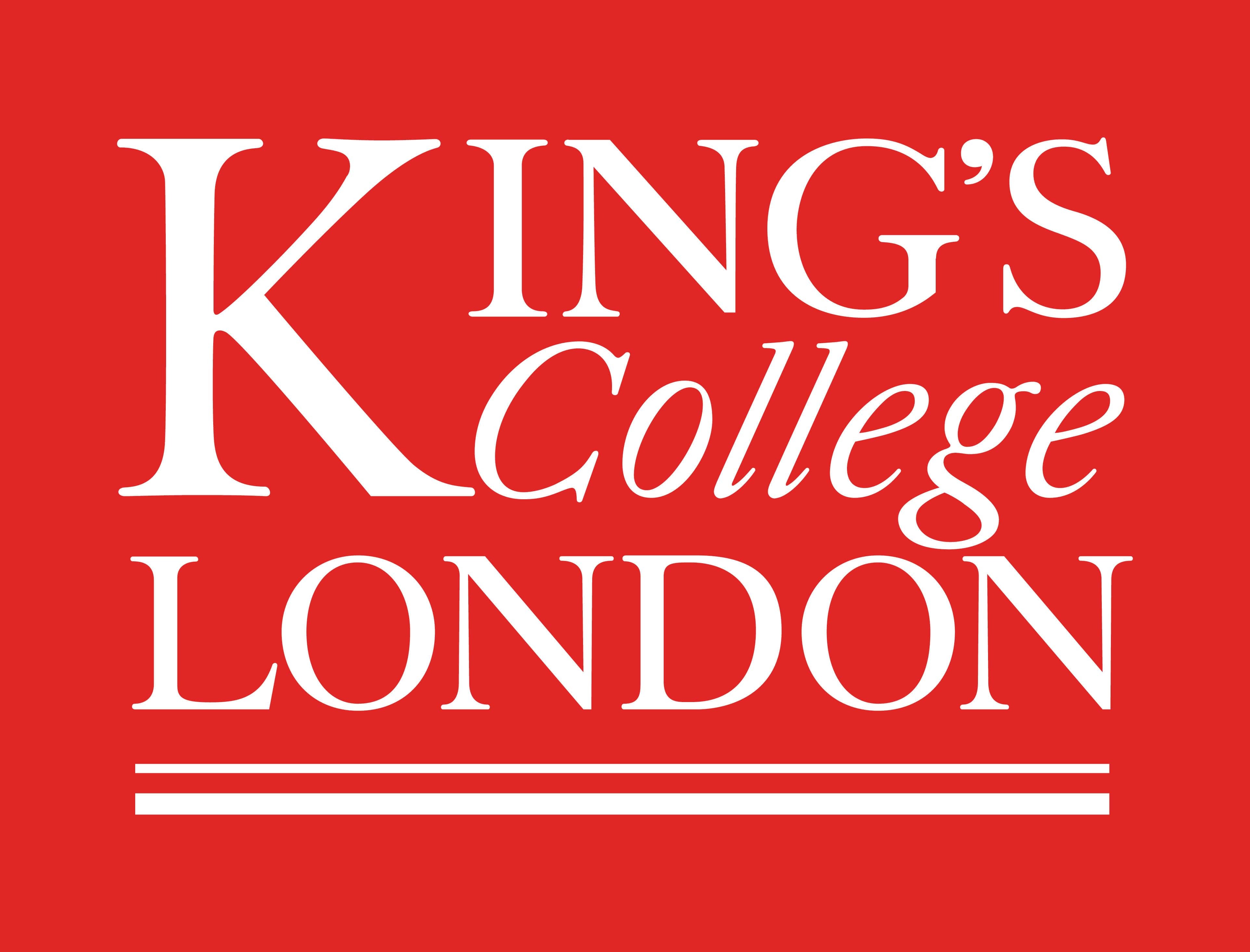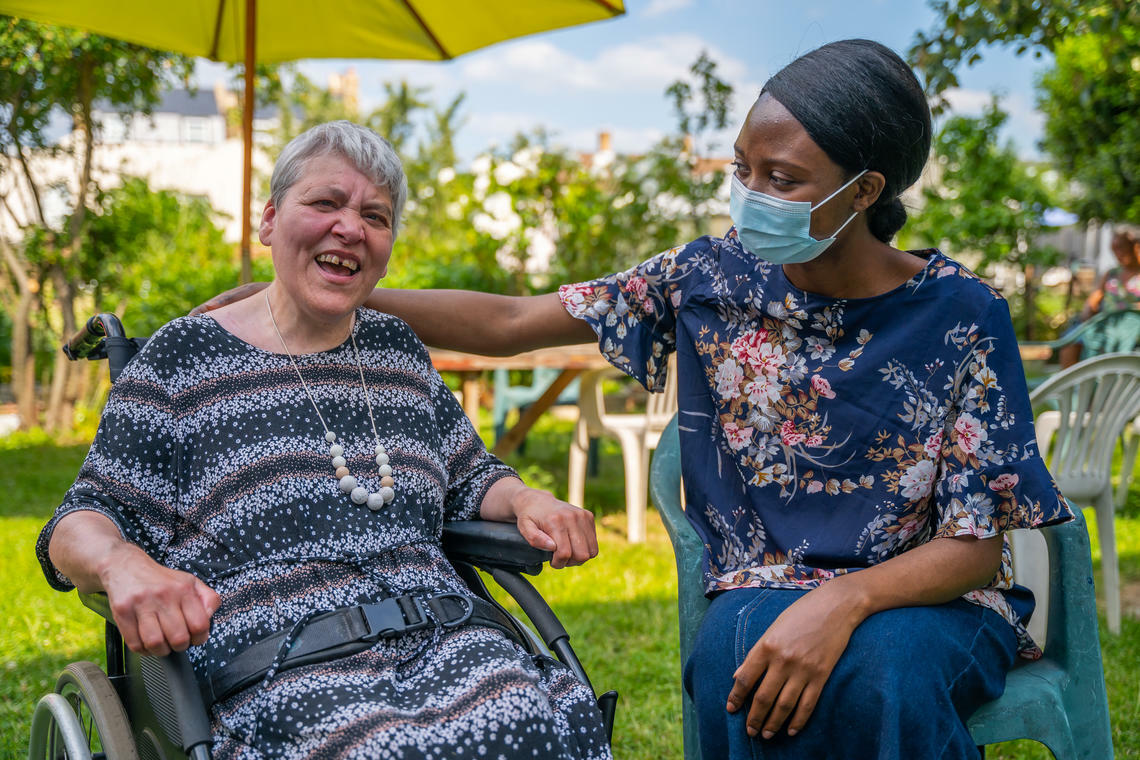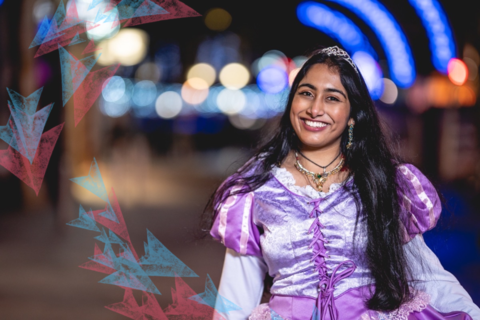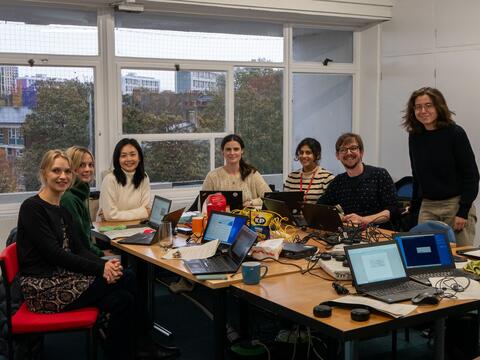Accompany our members on walks around our local area and befriend people who see the world differently to you.
What You'll Do:
- We are looking for volunteers to accompany members of our community on walks one-to-one around our local area (West Norwood and Tulse Hill).
- You would meet the person at their house and then go for a walk for about an hour around local area. You might go to the West Norwood Cemetery or Brockwell Park, or walk around the local streets.
- You could also accompany members at our community walk around West Norwood Cemetery which would be a great way to get to know the wider community.
Why You'll Love It:
- Walking with people is a lovely, lowkey way to get to know them. It gives you something to connect on and talk about without the pressure of a sit-down conversation.
- If you're trying to do some more exercise and also make new friends, this is the perfect way to achieve your goals.
- It would also give you the chance to join a fun intentional community with lots of events like parties and barbeques.
What You'll Learn:
- This is an experience that will not only boost your CV, but also your confidence, and will grow you as a person.
- Being friends with people with learning disabilities changes the way you see the world.
- You will learn to be more attentive to the world around you and be more open to difference.
- You will learn to communicate more accessibly and there will be chances to have training in sign language.
- You will receive first aid training and a range of other trainings including health and safety and autism awareness.
What We're Looking For:
- There is not a particularly high fitness level. You would need to be able to walk for an hour, and some of our members are in wheelchairs so you might need to be able to push a wheelchair. But we walk slowly in L'Arche London!
- No previous experience with people with learning disabilities or in care is required.
At L'Arche, you are welcomed for who are, not what you can do.
Similar Opportunities
Children's Residential Trip Kitchen Crew
Free to Be Kids
Min. 1 Weeks Minimum weeks

Children's Residential Trip Kitchen Crew
Volunteering
Volunteer
Families, Mental Health, Young People
We are dedicated to improving the emotional wellbeing of vulnerable young people. Free To Be supports children who have experienced complex disadvantage to change their stories, through therapeutic adventures and the power of the outdoors.
Children's Residential Trip Driver
Free to Be Kids
Min. 1 Weeks Minimum weeks

Children's Residential Trip Driver
Volunteering
Mentor
Mental Health, Social Care, Young People
We are dedicated to improving the emotional wellbeing of vulnerable young people. Free To Be supports children who have experienced complex disadvantage to change their stories, through therapeutic adventures and the power of the outdoors.




